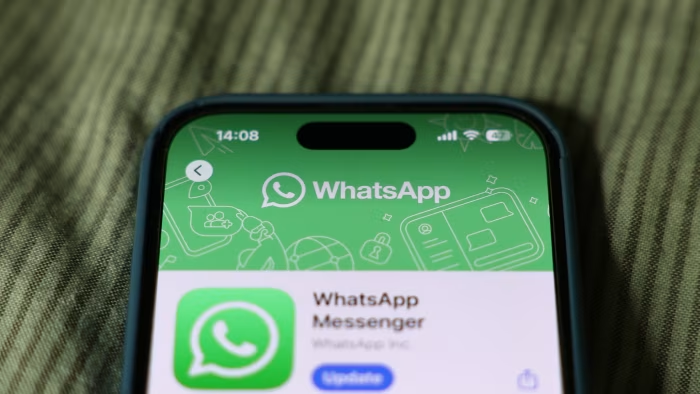In a significant cybersecurity move, the U.S. House of Representatives has banned WhatsApp from all government-issued devices, including those used by staffers. A memo issued by the House Chief Administrative Officer (CAO) warned that WhatsApp poses “a high risk” to users due to its lack of data transparency, missing stored data encryption, and the potential for exploitation by foreign spyware.
While many Americans rely on WhatsApp for encrypted conversations, lawmakers are now being asked to delete the app and avoid using it on any government device — be it mobile, desktop, or web-based.
Spyware and Transparency Issues Raise Red Flags
The decision follows growing scrutiny of WhatsApp’s vulnerabilities. In January 2025, Israeli spyware developed by Paragon was reportedly used to target WhatsApp users in over two dozen countries, raising alarms among security professionals. The CAO’s memo states that such incidents reflect weaknesses in WhatsApp’s ability to guard sensitive data from surveillance.
FCRF x CERT-In Roll Out National Cyber Crisis Management Course to Prepare India’s Digital Defenders
This move comes after a series of cybersecurity reviews that revealed concerns over the app’s data practices, particularly its lack of clarity around how it stores and shares user information.
Meta Pushes Back: ‘We Offer Industry-Leading Encryption’
Meta, the parent company of WhatsApp, strongly disagreed with the ban. Andy Stone, Meta’s Communications Director, argued that WhatsApp offers a “higher level” of security than many other approved messaging apps. He reiterated that all messages are end-to-end encrypted by default.
“We know members and their staff regularly use WhatsApp. We look forward to ensuring members of the House can continue doing so securely,” Stone said on social media.
Despite Meta’s defense, the app joins a growing list of platforms — including TikTok, ChatGPT, and DeepSeek — already banned on congressional devices.
Alternatives Encouraged for Official Communication
The House Office of Cybersecurity has encouraged staff to switch to alternative platforms considered more secure. These include Microsoft Teams, Apple’s iMessage and FaceTime, Signal, Amazon’s Wickr, and other vetted apps.
The move also reflects a wider push in government agencies worldwide to reassess the use of commercial tech platforms in official work, especially those owned by firms that collect vast amounts of user data.



